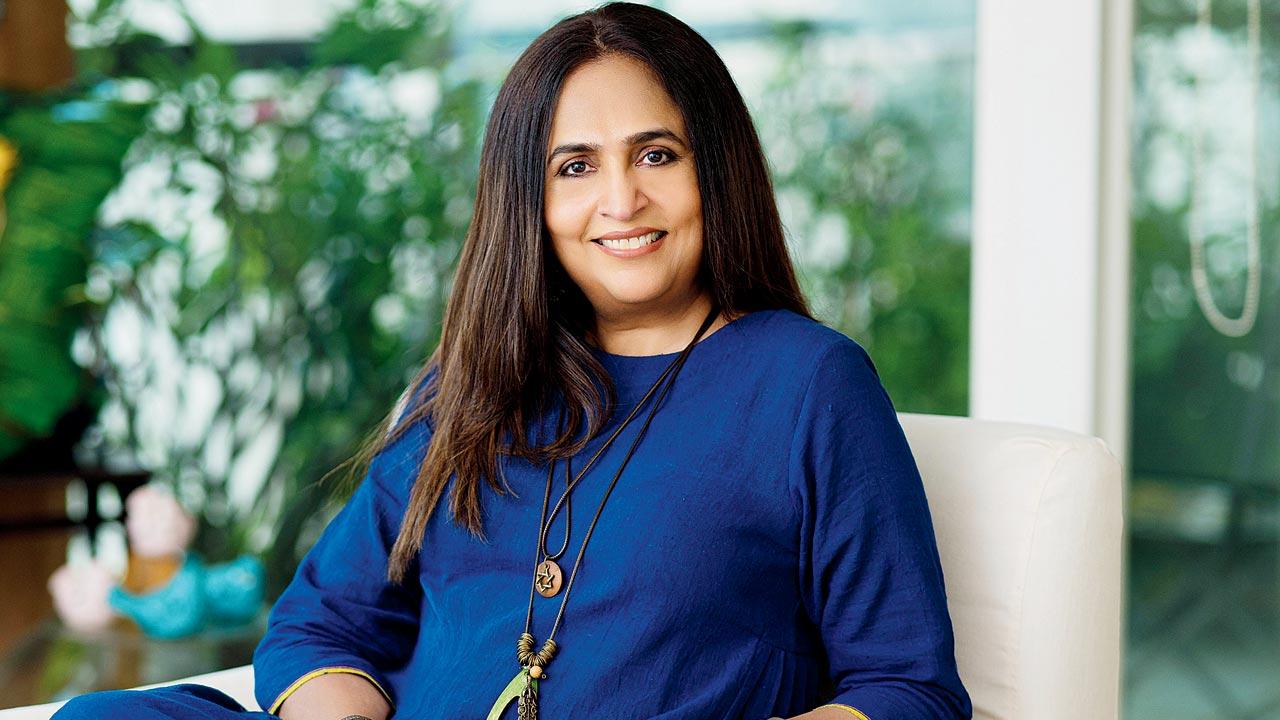It’s got blood, gore and unapologetic women. Here’s why an Indo-Pak desi-noir collaboration is winning awards, and viewership

Pakistan actors Sanam Saeed and Sarwat Gilani in stills from the Zindagi show, Qatil Haseenaon Ke Naam
"How does one depict a woman’s rage when there are no restrictions? That was our first thought,” says producer Shailja Kejriwal of Zindagi’s Qatil Haseenaon Ke Naam that has just won The Asian Academy Creative Award in Singapore for Best Anthology. “It’s about the suppressed rage of women—Meenu [Gaur, creator and director] and I were discussing subjects, and we realised there are so many dos and don’ts for women. We wanted to tell a story about what happens when that rage is allowed to come out.” No wonder they chose the genre noir, which often shows women as sensual, man-eater-type characters. “Exactly,” says Kejriwal. “We wanted to tell noir from the female gaze. So these women celebrate their beauty for sure, but for themselves, not for men. Guru Dutt, Meena Kumari and Sahib Bibi Aur Ghulam were our biggest influences.”
Qatil is about several disgruntled and wronged women who punish men for deceit, opportunism and violence. Set in Pakistan, it stars Pakistani actors Sanam Saeed, Sarwat Gilani, with Kejriwal as producer, and Gaur, who is a British Indian married to a Pakistani. “When I was younger, I had a penpal from Pakistan,” says Kejriwal. “In the ’90s, I was hooked to Dhoop Kinare and other TV shows from Pakistan. In 1998, when I was with Star, we even made Tanha starring Marina Khan, whom we all loved in Dhoop.” She feels that such collaborations are necessary to widen the content pool in terms of actors, stories and perspectives. “We also get another market—23 crore Pakistanis.”
 Shailja Kejriwal
Shailja Kejriwal
If Kejriwal liked working with Pakistani actors, who she thinks have limited choices in their industry, they return the sentiment. Sanam Saeed plays Zuvi, who—in her own words—is manipulative and psychotic. “Zuvi was the only character who didn’t have a motivation like the others,” says Saeed. “She wasn’t betrayed. She is conniving and casually kills someone because they got in her way. She was an enjoyable character to play, and I felt liberated being her.”
She adds that she doesn’t care what men think about her reckless character. She is also glad that this show happened, which helped her explore noir, and not just watch Indian TV and wish she could have that role. “I realised we can also do this!” she says. “It was so good that Meenu took on this risque theme, and that Shailja supported it and brought it to life.” Saeed feels the main difference between Indian and Pakistani content is conservatism. “We have to find more poised ways of telling controversial stories,” she laughs.
Sarwat Gilani plays Mehek, a girl in love with the idea of romance, who figures that her husband doesn’t love her. “It was what anyone can go through—I have been emotionally wrecked and hopelessly involved. I related to her.” She says, that for her, Indians seem put together, compared to Pakistan, where the movie and TV industry is in its nascent stage.
In the end, the awards and accolades (Kejriwal says that most people have seen the movie for the story, not “the face”), just show that Indo-Pak artistic collaborations can defy the political situation. “It’s soft power,” Kejriwal signs off. “It makes us let people believe that the ‘other’ is not the one to be angry with. It can help us see them in a different light, and not just understand them in the jingoistic language that news channels peddle.”
 Subscribe today by clicking the link and stay updated with the latest news!" Click here!
Subscribe today by clicking the link and stay updated with the latest news!" Click here!








